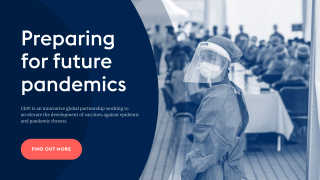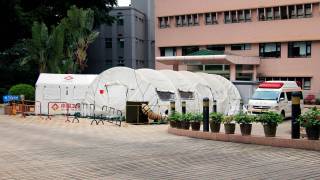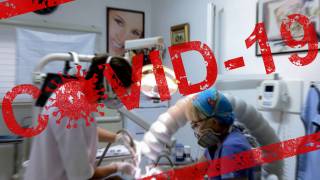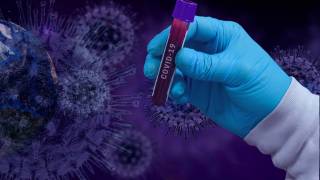Phase 3 Study Finds Similar Efficacy Between Remdesivir Dosing Durations
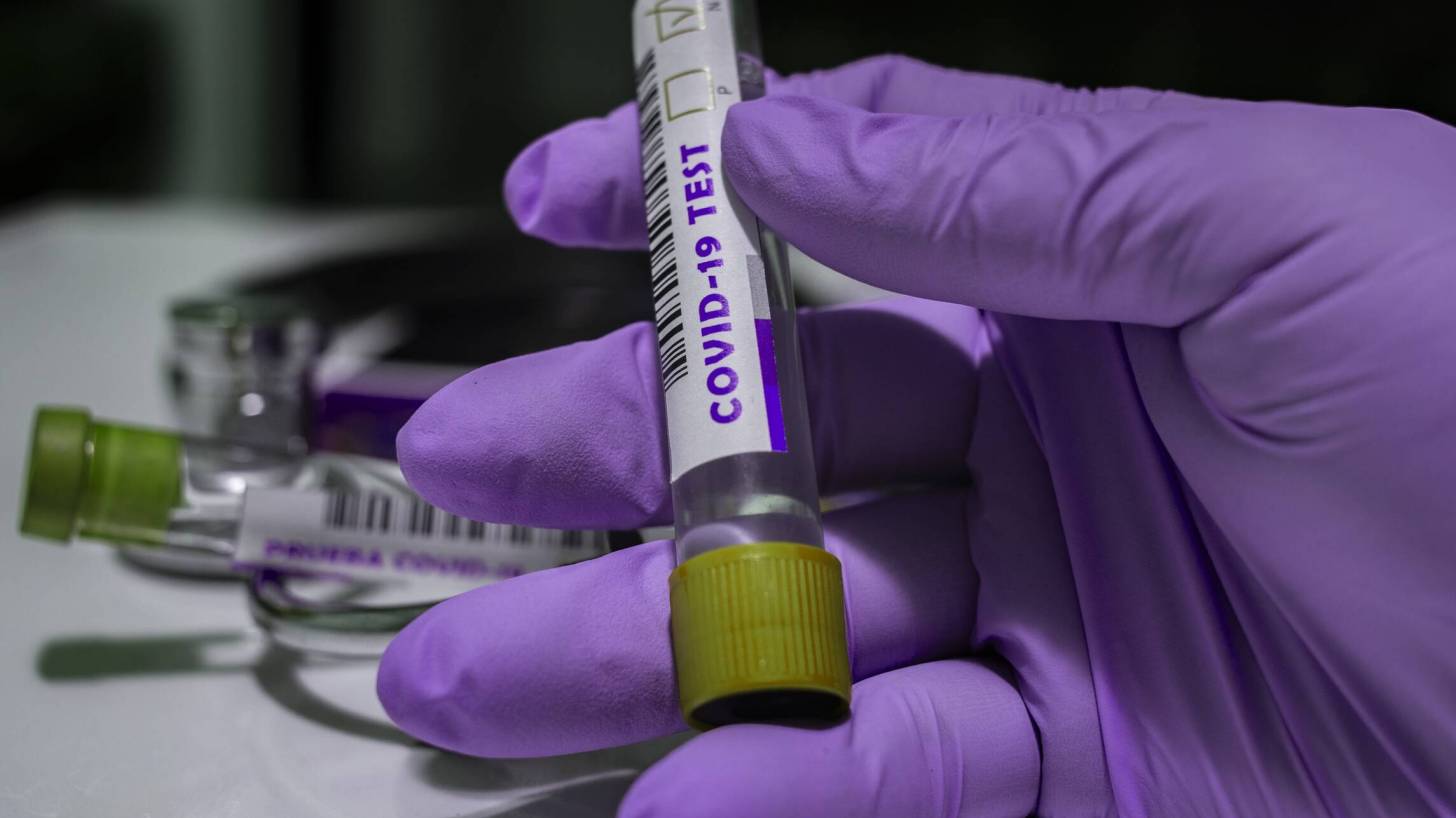
California based Gilead Sciences, Inc. announced topline results from the open-label, Phase 3 SIMPLE trial evaluating 5-day and 10-day dosing durations of the investigational antiviral remdesivir in hospitalized patients with severe manifestations of COVID-19 disease.
The study’s results published on April 29, 2020, demonstrated that patients receiving a 10-day treatment course of remdesivir achieved similar improvement in clinical status compared with those taking a 5-day treatment course.
Most importantly, no new safety signals were identified with remdesivir across either treatment group.
One interesting aspect is the clinical outcomes varied by geography.
Outside of Italy, the overall mortality rate at Day 14 was 7 percent (n=23/320) across both treatment groups, with 64 percent (n=205/320) of patients experiencing clinical improvement at Day 14 of this study.
And, 61 percent (n=196/320) of patients were discharged from the hospital.
Remdesivir is not yet licensed or approved anywhere globally and has not yet been demonstrated to be safe or effective for the treatment of COVID-19 disease.
“Unlike traditional drug development, multiple concurrent studies are helping inform whether remdesivir is a safe and effective treatment for COVID-19 and how to best utilize the drug,” said Merdad Parsey, MD, Ph.D., Chief Medical Officer, Gilead Sciences.
“This study demonstrates the potential for some patients to be treated with a 5-day regimen, which could significantly expand the number of patients who could be treated with our current supply of remdesivir.”
“This is particularly important in the setting of a pandemic, to help hospitals and healthcare workers treat more patients in urgent need of care.”
This study sought to determine whether a shorter, 5-day course of remdesivir would achieve similar efficacy results as the 10-day treatment regimen used in multiple ongoing studies of remdesivir.
Secondary objectives included rates of adverse events and additional measures of clinical response in both treatment groups.
Patients were required to have evidence of pneumonia and reduced oxygen levels that did not require mechanical ventilation at the time of study entry.
Clinical improvement was defined as an improvement of two or more points from baseline on a predefined seven-point scale, ranging from hospital discharge to increasing levels of oxygen support to death.
Patients achieved clinical recovery if they no longer required oxygen support and medical care or were discharged from the hospital.
“These data are encouraging as they indicate that patients who received a shorter, 5-day course of remdesivir experienced similar clinical improvement as patients who received a 10-day treatment course,” said Aruna Subramanian, M.D., Clinical Professor of Medicine, Chief, Immunocompromised Host Infectious Diseases, Stanford University School of Medicine, and one of the lead investigators of the study, in a press release.
“While additional data are still needed, these results help to bring a clearer understanding of how treatment with remdesivir may be optimized, if proven safe and effective.”
Remdesivir is an investigational nucleotide analog with broad-spectrum antiviral activity both in vitro and in vivo in animal models against multiple emerging viral pathogens, including Ebola, Marburg, MERS, and SARS.
In vitro testing conducted by Gilead has demonstrated that remdesivir is active against the virus that causes COVID-19.
Gilead Sciences, Inc. is a research-based biopharmaceutical company that discovers, develops, and commercializes innovative medicines in areas of unmet medical need.
Precision Vaccinations publishes coronavirus vaccine news.
Our Trust Standards: Medical Advisory Committee




